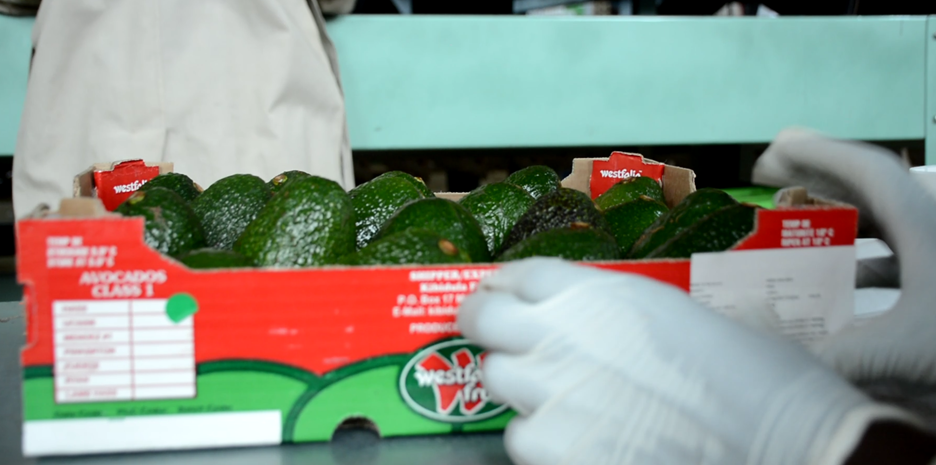Tanzania’s avocado exports dream finds a global ally in FAO
- FAO is breathing new life into Tanzania’s avocado value chain through innovation, strategic investment, and inclusive growth.
- Tanzania owes much of this success to its smallholder farmers, who cultivate nearly 90 per cent of the country’s crop.
- Avocado exports surged by 74% between 2021 and 2023 — leaping from 15,432 tonnes to 26,826 tonnes.
In Tanzania, a quiet green revolution is taking root—one avocado at a time. Under the banner of the One Country One Priority Product (OCOP) initiative, Tanzania is championing the avocado as a flagship crop to drive sustainable agricultural transformation.
The initiative, which is backed by the Food and Agriculture Organization of the United Nations (FAO), is breathing new life into the avocado value chain through innovation, strategic investment, and inclusive growth.
At the moment, Tanzania stands tall among more than 30 African nations in the OCOP programme, with avocado chosen as its signature crop thanks to its growing global appeal and alignment with national strategies for high-value horticultural exports.
Already ranked among Africa’s top three avocado producers—alongside Kenya and South Africa—Tanzania owes much of this success to its smallholder farmers, who cultivate nearly 90 per cent of the country’s crop across regions from Arusha and Kilimanjaro to Mbeya and Njombe.
As the country scales up efforts to boost yield, enhance quality, and unlock global market access, the humble avocado is fast becoming a symbol of opportunity for rural communities—and a key ingredient in Tanzania’s sustainable development story.
Avocado exports up 74% between 2021 and 2023
According to the Tanzania Horticultural Association (TAHA), exports of the nutrient-rich fruit surged by an impressive 74 per cent between 2021 and 2023 — leaping from 15,432 tonnes to 26,826 tonnes.
During the same period, export earnings nearly doubled, soaring from $44.3 million to $77.3 million. A major milestone came in November 2024, when Tanzania celebrated its first-ever avocado shipment to China, unlocking a lucrative new market in Asia.
This momentum aligns seamlessly with the One Country One Priority Product (OCOP) initiative, which complements national development strategies by championing sustainable production and green value chains. At its core, OCOP empowers countries like Tanzania to build inclusive and resilient agrifood systems, enhancing practices across the entire value chain — from farm-level production to storage, processing, and international marketing.
Looking ahead, Tanzania has set its sights high: it aims to increase avocado production from 190,000 tonnes in 2018 to 290,000 tonnes by 2025. Achieving this target will demand strategic investments — particularly in high-quality seedlings, modern irrigation, efficient storage and processing infrastructure, and up-to-date harvesting technologies. Equally crucial is the need to bolster the skills of agricultural extension workers, who play a pivotal role in supporting smallholder farmers and sustaining this green growth trajectory.
Transforming agrifood systems
The OCOP initiative provides a platform for knowledge sharing and collaboration across countries. To date, 33 African countries are participating, each focusing on one special agricultural product. The initiative is country-led, with FAO offering technical support and facilitating partnerships.
The OCOP initiative is aligned with FAO’s vision for more efficient, inclusive, resilient, and sustainable agrifood systems for better production, better nutrition, a better environment and a better life, leaving no one behind.
Read also: Why Tanzania’s avocados are taking a firm root in global markets
Share this content:





Post Comment